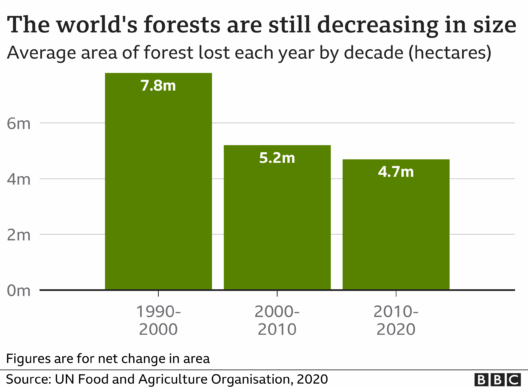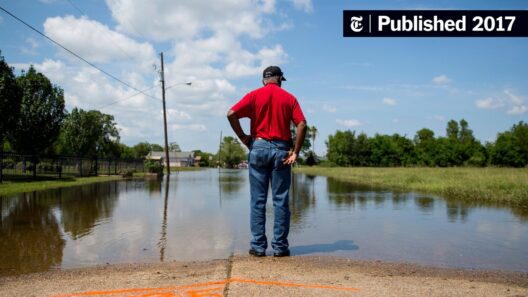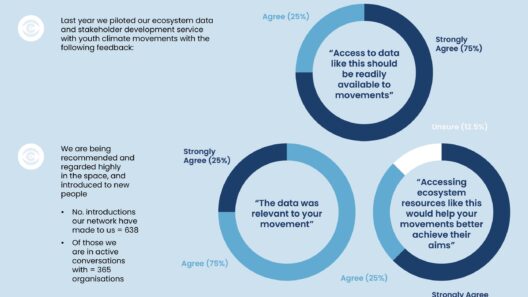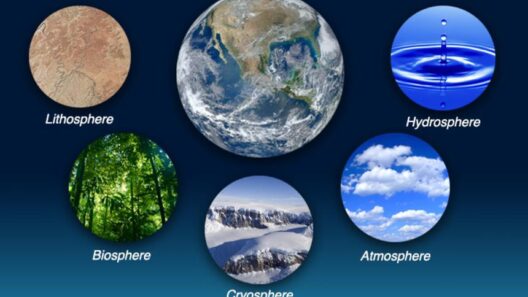Climate change is a phenomenon that affects every single person on this planet. It’s an intricate web of consequences that unfolds silently, yet its impact is profoundly loud. But why should we care? Let’s explore this vital question and unearth the layers beneath our warming world.
The consequences of climate change are not just environmental; they are socio-political, economic, and far-reaching in their implications. As we delve into this topic, it becomes evident that the stakes are outrageously high. So, let’s pose a playful question: What if the Earth were a person? Wouldn’t they be trying to send us a distress signal?
The Ripple Effects of Climate Change
Climate change is the quintessential butterfly effect. A seemingly minor increase in temperature can lead to monumental shifts in weather patterns. Take, for instance, the severe droughts that plague various regions, leading to famine and displacement. Rainfall patterns shift: some areas that used to be fertile are now barren, while others suffer from floods due to excessive deluge.
Furthermore, it is vital to recognize that these changes do not occur in a vacuum. As resources diminish, socio-political tensions escalate. Communities contend for access to food and water, leading to conflicts that may destabilize entire regions. The global food supply chain is poised on a precarious edge, causing prices to flare and affecting households worldwide.
Animal Kingdom in Peril
Have you ever pondered the world from the perspective of our fellow creatures? The animal kingdom is a critical component of our Earth’s ecosystem, yet it also bears the brunt of climate change. As habitats deteriorate, numerous species face extinction at an alarming rate. The polar bear, a magnificent symbol of the Arctic, teeters on the brink as ice caps melt beneath its paws.
Many beloved species are caught in this tumult. Coral reefs, known as the “rainforests of the sea,” are not only vibrant homes for marine life but also crucial for biodiversity. Rising ocean temperatures lead to coral bleaching, risking a collapse of entire ecosystems that support livelihoods and tourism industries alike. If underwater ecosystems can be so deeply affected, what of the terrestrial ecosystems we rely on?
Human Health is at Stake
Health is paramount, and when the climate shifts, so do the conditions that affect our well-being. The increase in heatwaves and unpredictable weather patterns bring on a range of health issues. Vulnerable populations, including the elderly and those with pre-existing conditions, are at greater risk.
The connection between climate change and the proliferation of diseases is also noteworthy. Vector-borne diseases like malaria and dengue fever thrive in warmer climates, spreading to regions that have never before experienced such threats. Increased air pollution, a byproduct of higher temperatures, causes respiratory problems and exacerbates pre-existing health conditions.
Why Should We Care? The Moral Imperative
Morally, the planetary crisis demands an urgent response. Imagine standing by while someone drowns, knowing you could have thrown them a lifebuoy. Climate change presents a similar call to action. The most vulnerable communities—often the least responsible for greenhouse gas emissions—find themselves most affected by the repercussions. Feeling a sense of obligation to our fellow humans and the generations to come is essential. Climate justice cannot exist without acknowledging this disparity.
Furthermore, each choice and each action serves as a ripple in a vast ocean. Living sustainably and advocating for decisive legislation can effect systemic change. The convergence of tens of thousands of individual choices leading to collective action creates the momentum needed to counteract the detrimental path we currently tread.
Creating a Sustainable Future
Oh, but what if the future could be brighter? A world where our reliance on Fossil Fuels diminishes and renewable energy flourishes. Imagine cities powered by solar panels, where urban landscapes are teeming with greenery and fresh air. Transitioning to sustainable practices, such as promoting cycling, reducing waste, and supporting local economies, is within our grasp.
Global initiatives are being conceived to encourage greener infrastructures— from electric vehicles to retrofitting buildings for energy efficiency. However, these require participation from you, me, and our communities. We wield the power to influence policies and drive changes that prioritize sustainability—a pursuit well worth our investment.
Our Role in the Bigger Picture
Ultimately, the question is not whether climate change is important; it is rather: how can we foster a sense of urgency and responsibility about it? Just like every grain of sand contributes to the majestic desert, every action we take contributes to the future of our planet. We must foster conversations, instigate school initiatives, and engage in community dialogues that put climate change at the forefront.
The choice is clear: neglect this issue or rise to meet the challenge. The stakes are incredibly high and the responsibility lies with all of us. What if the Earth had a voice? Would we stand by or act to ensure it thrives for generations to come?







